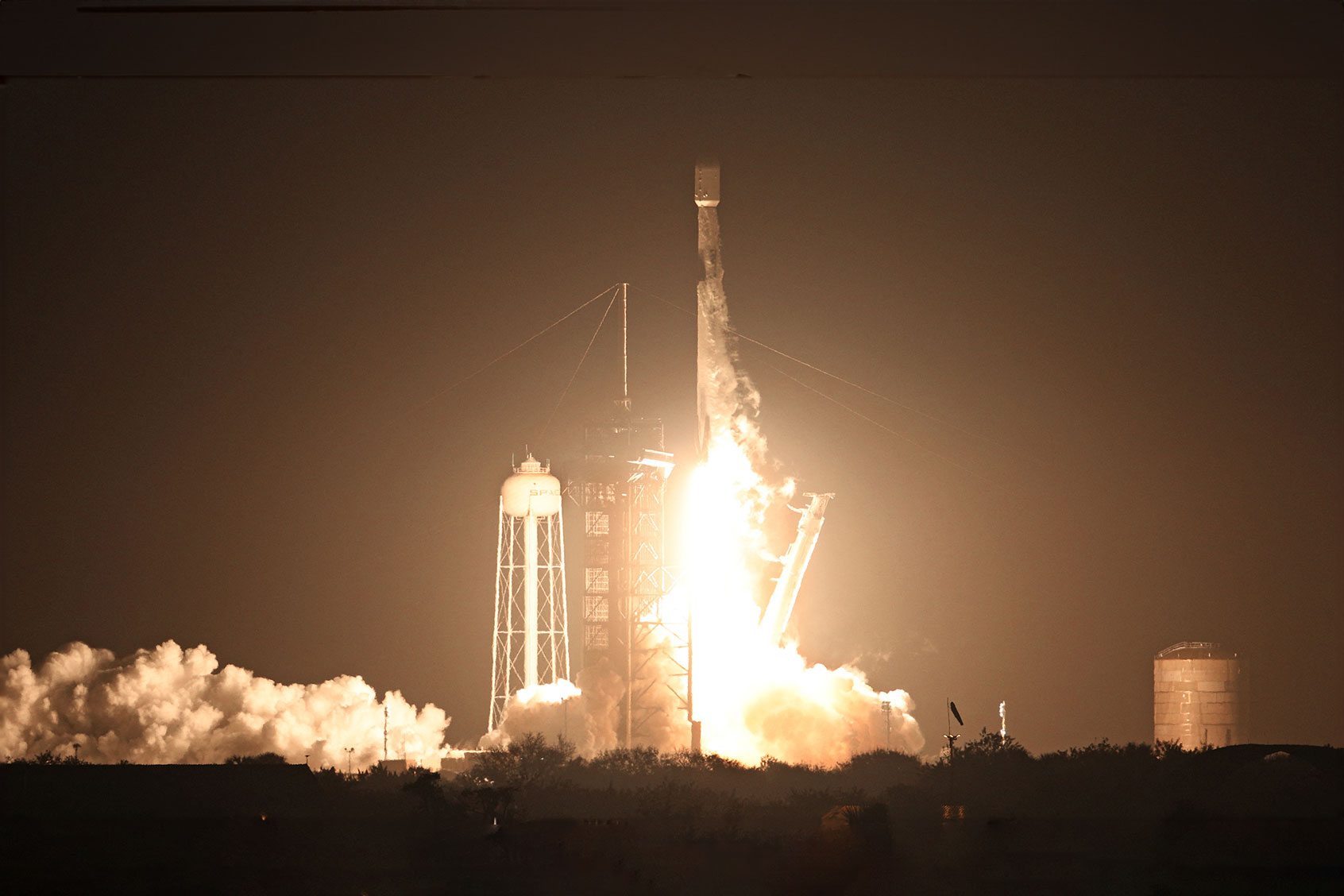On July 20, 1969, American astronaut Neil Armstrong changed history when he became the first human to set foot on the Moon. The Apollo 11 explorer famously proclaimed, "That's one small step for a man, one giant leap for mankind." Sadly, Armstrong's leap didn't last for long. Three years later, the Apollo 17 mission became the last American expedition — manned or unmanned — from Earth to the Moon. At least, that was the last mission until Thursday, when the aptly-named Odysseus lunar lander changed the world forever.
Touching down on lunar soil at 6:23 PM ET, the Odysseus lunar lander is also historically significant because it was not primarily funded by American taxpayers. The so-called IM-1 lander was instead designed by a private company known as Intuitive Machines, a publicly-traded corporation headquartered in Houston. This is similar to how a Pittsburgh-based company called Astrobiotic built the Peregrine lander with the hope of it landing on the Moon in January. That mission ended in failure due to a series of technical malfunctions.
In addition to the United States, the only other countries to ever put landers on the Moon are the Soviet Union (which beat America to the punch by landing Luna 9 in 1966), China, India and Japan. The latter two both made moon landings within the last year. Each of those missions were unmanned, however, as only the United States has successfully landed humans on the Moon. While the achievement of Odysseus mission does not equal that of the Apollo 11 mission, it does raise hopes that humanity may once again make a leap back into outer space. For better or worse, it will likely be heavily commercialized.

